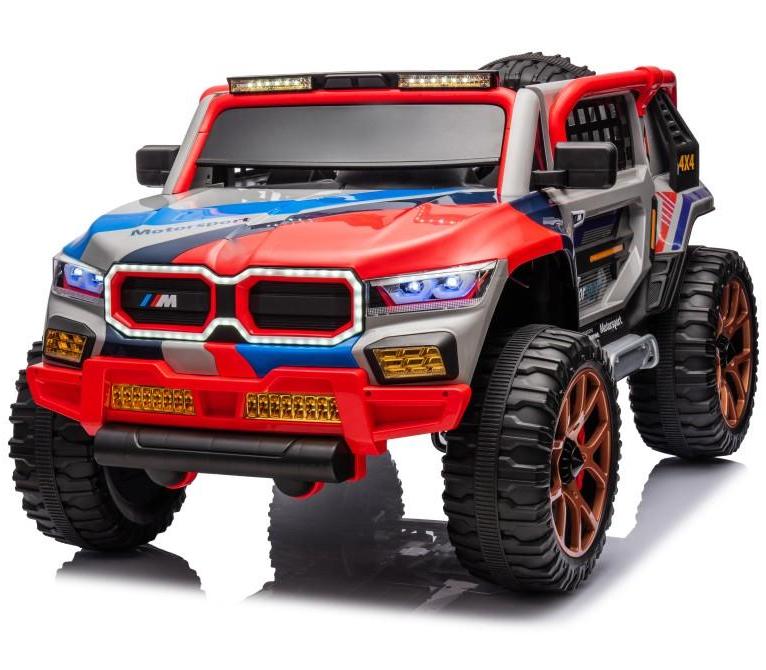When is it safe for infants to start using baby walkers?
When Can a Baby Use a Baby Walker?
Baby walkers have been a popular tool for parents seeking to encourage their infants’ mobility and independence. However, they also come with safety concerns and developmental considerations. Understanding the right age and proper usage of baby walkers is essential for ensuring both the physical and developmental well-being of your child.
What is a Baby Walker?
A baby walker is a device designed to assist infants in walking. It typically consists of a seated frame with wheels, allowing a baby to move around while being supported. While they may seem like an ideal solution for helping babies learn to walk, the implications of their use are multifaceted.
Recommended Age to Use a Baby Walker
Most experts suggest that babies can use a walker when they are around 6 to 12 months old, but this can vary depending on the child's individual development. By this age, many babies have developed sufficient neck and back strength to support themselves while seated in the walker. Additionally, they often have the ability to push themselves forward, which is crucial for the walker to be effective and safe.
However, it is important to remember that not all babies will be ready for walkers at this age, and development can differ significantly among children. Some may crawl or cruise around furniture before they are truly ready to use a walker.
Safety Concerns
The use of baby walkers raises several safety concerns. One significant issue is that walkers can enable babies to move at speeds faster than they can control, which may lead them to dangerous areas such as stairs or uneven surfaces. According to the American Academy of Pediatrics (AAP), baby walkers are associated with a high number of injuries each year, including falls and collisions.
when can a baby use a baby walker

To minimize risks, parents are advised to use walkers in a safe and supervised environment. Keeping sharp objects, stairs, and other hazards out of reach is crucial. Moreover, using walkers in rooms devoid of obstacles can help prevent accidents.
Developmental Considerations
While walkers can give babies a sense of mobility, they do not necessarily promote walking skills. Infants learn to walk through a natural progression of crawling, pulling up, and cruising. Baby walkers may encourage babies to bypass these essential developmental stages, which can impact their overall motor skills.
Moreover, some research suggests that the use of walkers may delay walking development. This occurs because walkers enable babies to move without using the necessary muscles and coordination they would otherwise develop through crawling. Thus, while walkers can be entertaining, they may not facilitate the natural learning process inherent in walking.
Alternative Options
For parents who are concerned about safety or developmental impacts, alternatives to traditional walkers are available. Push toys, activity centers, and play yards can promote mobility and encourage movement without the risks associated with walkers. These alternatives foster a child's natural progression towards walking by encouraging them to stand, balance, and eventually take steps without the risks posed by a walker.
Conclusion
In summary, while baby walkers can be introduced to infants aged 6 to 12 months, the appropriateness of their use should be assessed on a case-by-case basis. Parents must balance the allure of mobility they offer with the inherent risks and potential developmental delays associated with their use. Safety measures, supervision, and alternative mobility solutions should also be considered to promote a safe and supportive environment for your developing child. Ultimately, every child develops at their own pace, and supporting your baby in their unique journey toward walking is of paramount importance.
-
Powered Ride-On Toys for Kids - ATVs | Manufacturer & SupplierNewsAug.26,2025
-
Powered Ride-On Toys for Kids - ATVs Manufacturer | Safe & DurableNewsAug.25,2025
-
Powered Ride-On ATVs for Kids - Direct Manufacturer & FactoryNewsAug.24,2025
-
Safe Girl Baby Walkers: 3-in-1 Fun & Support for Her First StepsNewsAug.23,2025
-
Kids' Powered Ride-On ATVs: Quality Manufacturer & SupplierNewsAug.22,2025
-
Best Infant Strollers 2021: Top Choices for Safety & ComfortNewsAug.11,2025
